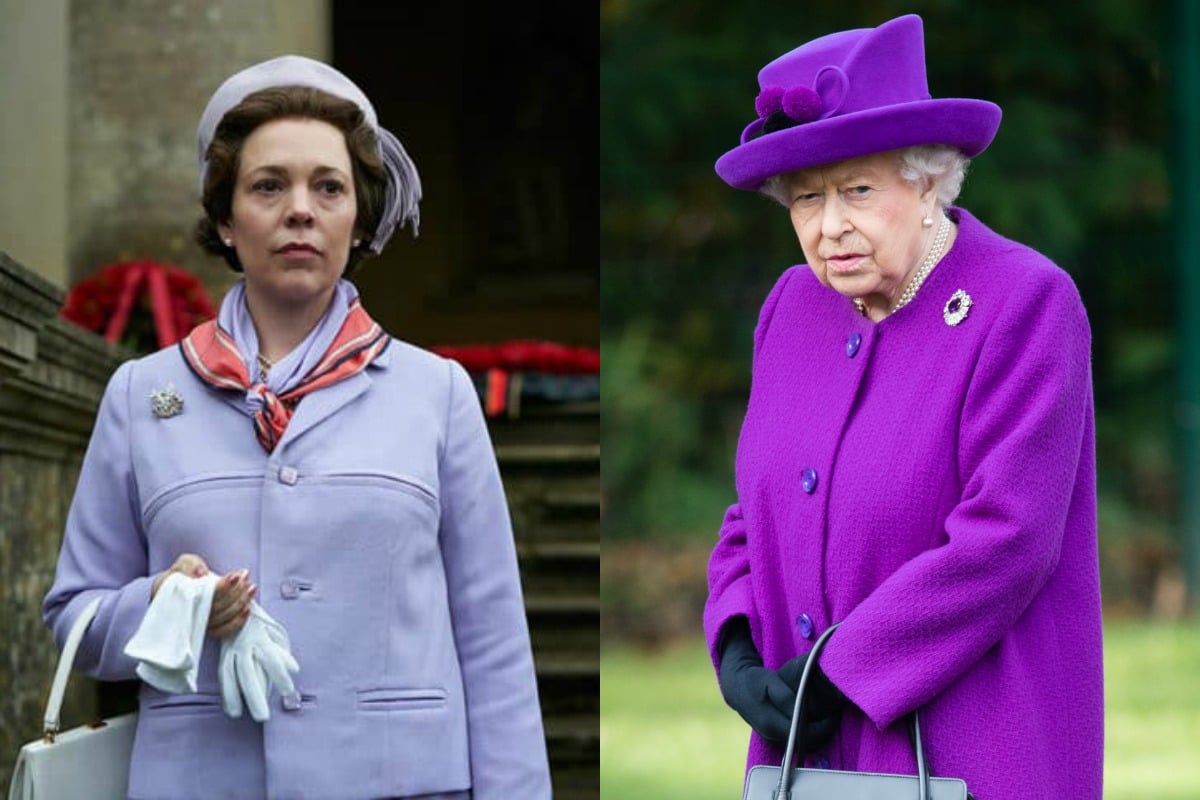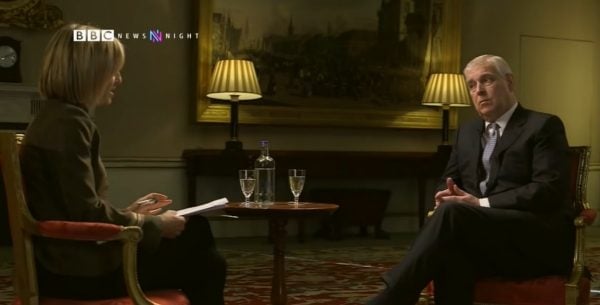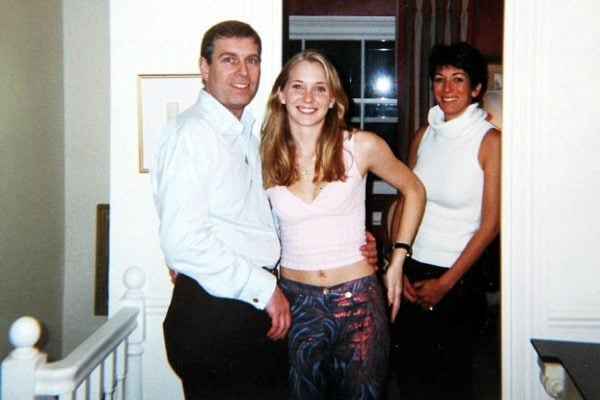
I’m starting to feel bad for Olivia Colman.
Clearly, that’s not how I feel for the women who are victims of a global paedophile ring operating for the pleasure of one of the world’s richest men, with the alleged involvement of some of the most powerful.
No, for those women I feel devastated. And furious.
But I’ve started to feel bad for actress Olivia Colman and her Oscar-winning brilliance since her turn as Queen Elizabeth II in Netflix’s biggest show, The Crown, coincided with a royal crisis of unimaginable proportions.
Watch the trailer for the third season of The Crown below. Post continues after video.
When Colman signed up to play her, the Queen was a sure thing. One of the most respected and loved women in the world, an unwavering leader who didn’t pursue power but was born to it. Yes, the head of the now-irrelevant Commonwealth, but more often seen as a mother, a grannie, a great-grandma. A woman of spectacular resilience, steel, dignity and work-ethic. Ninety-three and still showing up for her public, dressed in her “spot-me-in-a-crowd” fluro, big hat in place, handbag over one arm, keeping calm, carrying on.



Top Comments
She’s probably excited that the show has suddenly actually become relevant. It shows how Andrew is just the last in a line of truly terrible public figures, and she chose to marry a man just as deluded and offensive so why expect her sons to be different? Besides most actors don’t choose roles just to be loved or they’d all just be soap stars. Olivia is smart enough to remember that the queen was not always beloved before her age made people soften to her.
You are spot on correct.
You do realize that The Crown is a mixture of fact and fiction? Prince Phillip was a man of his time and he did his duty as the Queen's Consort without complaint, something the younger, over privileged members of the RF should take notice of.
Yes my judgment of Phillip is based entirely on his terrible behaviour, not the very sympathetic portrayal the show has given him.
Oh, so you've based your judgement on your inside knowledge of what these public figures are like in private? Okay then.
No, the real Queen finally came up with the solution she should have enforced ages ago: Andrew is cut loose. Meghan and Harry should be the next to go, so they can be cut from the royal purse strings and "thrive" as the private citizens they keep implying they want to be. Win-win.
We can only hope it’s soon!